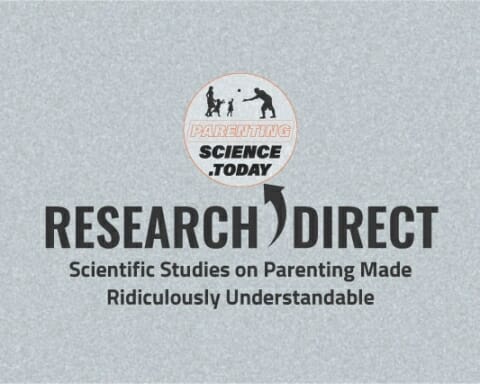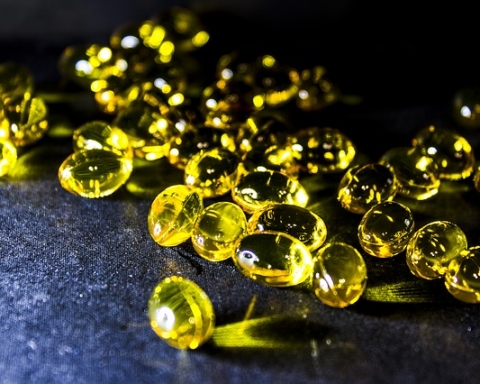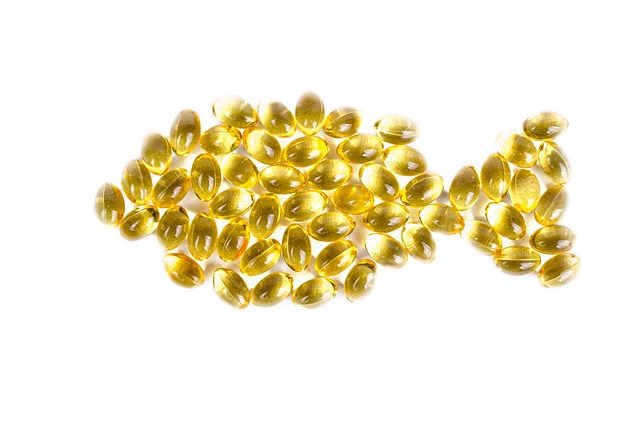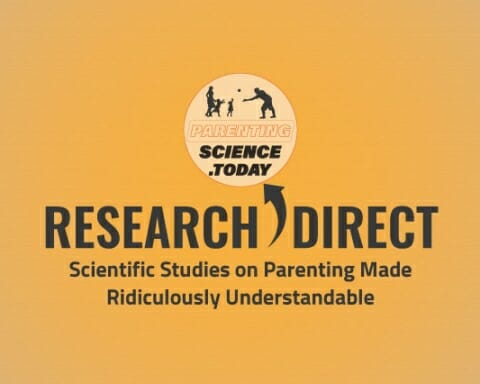The rise in food allergies has become a major public health concern. It is, therefore, essential to study the events that lead to food allergies early in infancy. One factor known to play a fundamental role in the occurrence of food allergies in children is the nursing mother’s diet.
One of the most feared allergens is the egg protein. Many pregnant women become averse to the consumption of eggs or become allergic to them. Moreover, pediatricians, neonatologists, obstetricians, allergists, and many other specialists have differing opinions about whether it is safe for the child if the mother eats eggs while breastfeeding.
How Do Allergies and Tolerance Happen?
Early exposure to allergens (the antigens that produce an abnormally vigorous immune response) is critical for maintaining and reinforcing oral tolerance, and human breast milk, which secretes allergens, is an important—and unique—early source.
Allergens that come into contact with the baby through a route other than breastfeeding tend to trigger an exaggerated immune response, something that does not always happen with allergens delivered through breast milk. Why? Because the allergens in breast milk are not alone. They are accompanied by other substances, such as cytokines and antigen-antibody complexes, which help develop tolerance and prevent allergies.
A Research Study
Trying to understand these facts and the behavior of the egg allergy, a group of scientists from the University of Western Australia carried out a study titled “Effects of Maternal Dietary Egg Intake during Early Lactation on Human Milk Ovalbumin Concentration: A Randomized Controlled Trial” to determine the effects of maternal dietary egg intake during early lactation on the ovalbumin (egg protein) concentration of breast milk.
Several pregnant women who planned to breastfeed were chosen for the study. They were randomly divided into three groups: a high diet group (four or more eggs per week), a low diet group (one to three eggs per week), and an egg-free diet group.
The women began their egg diets at the end of their pregnancies. After delivery, samples of breast milk were taken at two, four, and six weeks to determine ovalbumin levels. Infant blood samples were collected at six weeks to measure egg-specific IgE as well as IgG4 concentrations.
At sixteen weeks of lactation, when the child began to eat solid eggs, a new blood sample was collected. The maternal epithelium’s permeability was also evaluated by measuring the breast milk calcium/potassium ratio.
And What Were the Results?
There was a directly proportional relationship between egg ingestion and ovalbumin levels in the breast milk. Specifically, for each additional egg consumed during the week, the ovalbumin concentration increased by an average of 25 percent. Infant plasma egg-specific IgG4 levels were also positively associated with maternal egg ingestion, with an average 22 percent increase per additional egg consumed per week.
Overall, the ovalbumin concentration in breast milk was significantly higher in the high-diet group compared to the egg-free diet group. However, no breast milk ovalbumin was detected in one-third of the women, and no association between mammary epithelium permeability and ovalbumin concentration in breast milk was found.
Conclusion
Higher maternal egg consumption is definitely associated with increased breast milk ovalbumin levels and immune tolerance in infants. This suggests that the mother’s diet during lactation can impact the infant’s immune tolerance to specific foods, not just eggs, which will certainly help scientists finally understand the protection mechanisms against allergies that breast milk provides. Further studies are required to identify other factors that contribute to these immunological phenomena, but certainly, it is safe for the mother to eat eggs while breastfeeding. It will not harm the child.
References:
Metcalfe, J. R., J. A. Marsh, N. D’vaz, D. T. Geddes, C. T. Lai, S. L. Prescott, and D. J. Palmer. “Effects of Maternal Dietary Egg Intake during Early Lactation on Human Milk Ovalbumin Concentration: A Randomized Controlled Trial.” Clinical & Experimental Allergy 46, no. 12 (2016): 1605–1613. Retrieved from: https://www.ncbi.nlm.nih.gov
Herrmann, M-E., A. Dannemann, A. Grüters, B. Radisch, J. W. Dudenhausen, Renate Bergmann, A. Coumbos, H-K. Weitzel, and U. Wahn. “Prospective Study on the Atopy Preventive Effect of Maternal Avoidance of Milk and Eggs during Pregnancy and Lactation.” European Journal of Pediatrics 155, no. 9 (1996): 770–774. Retrived from https://link.springer.com
Koplin, Jennifer J., Nicholas J. Osborne, Melissa Wake, Pamela E. Martin, Lyle C. Gurrin, Marnie N. Robinson, Dean Tey et al. “Can Early Introduction of Egg Prevent Egg Allergy in Infants? A Population-Based Study.” Journal of Allergy and Clinical Immunology 126, no. 4 (2010): 807–813. Retrieved from https://www.jacionline.org













